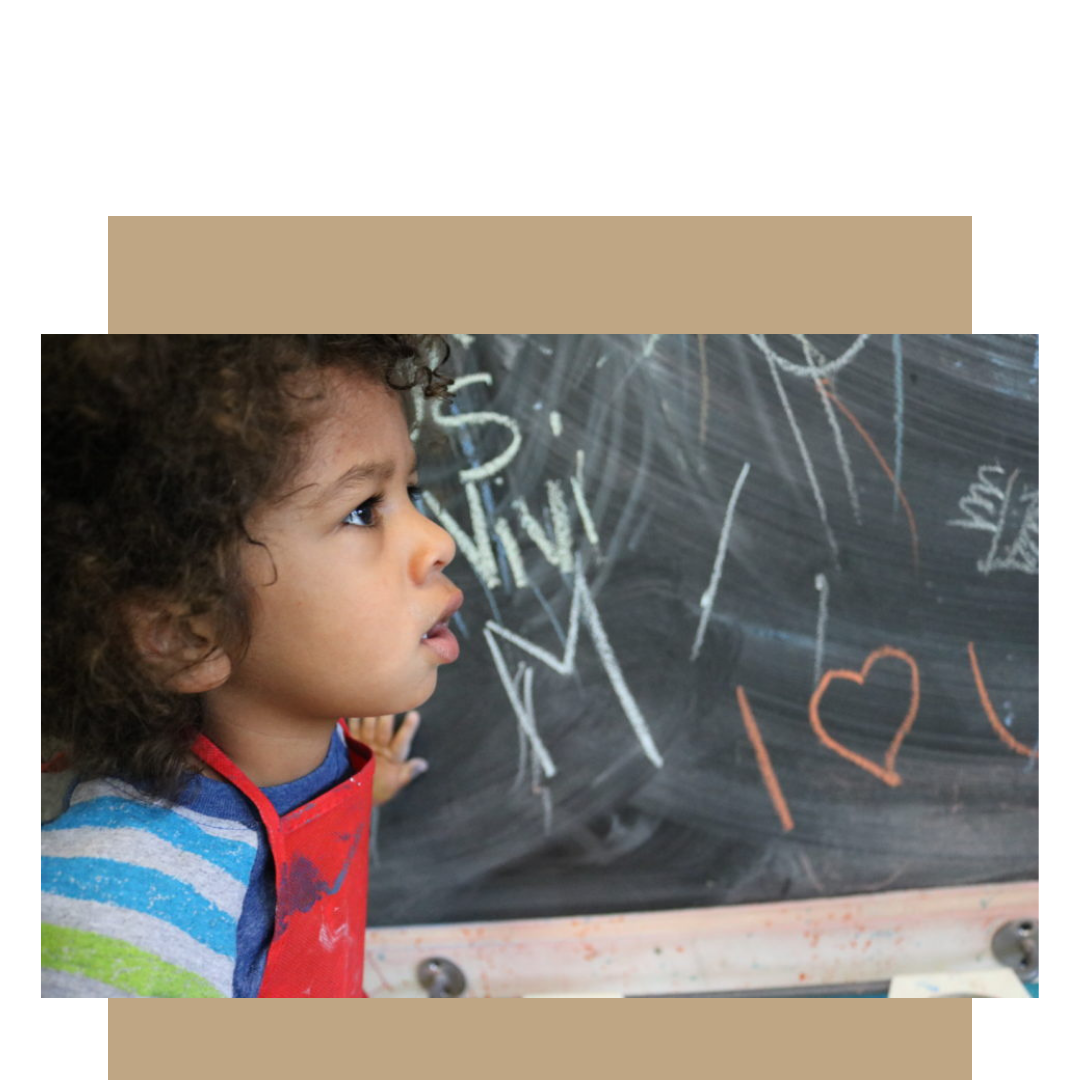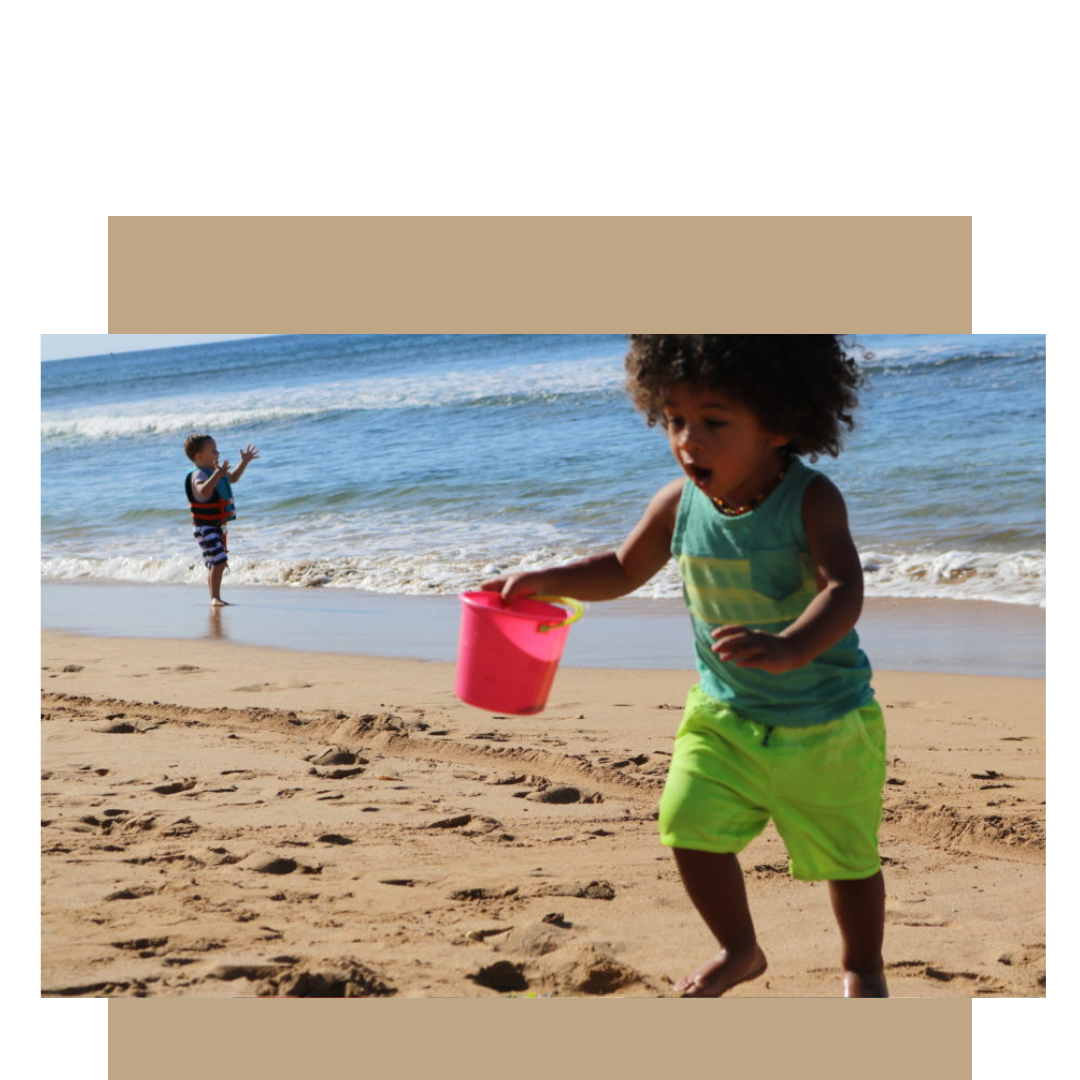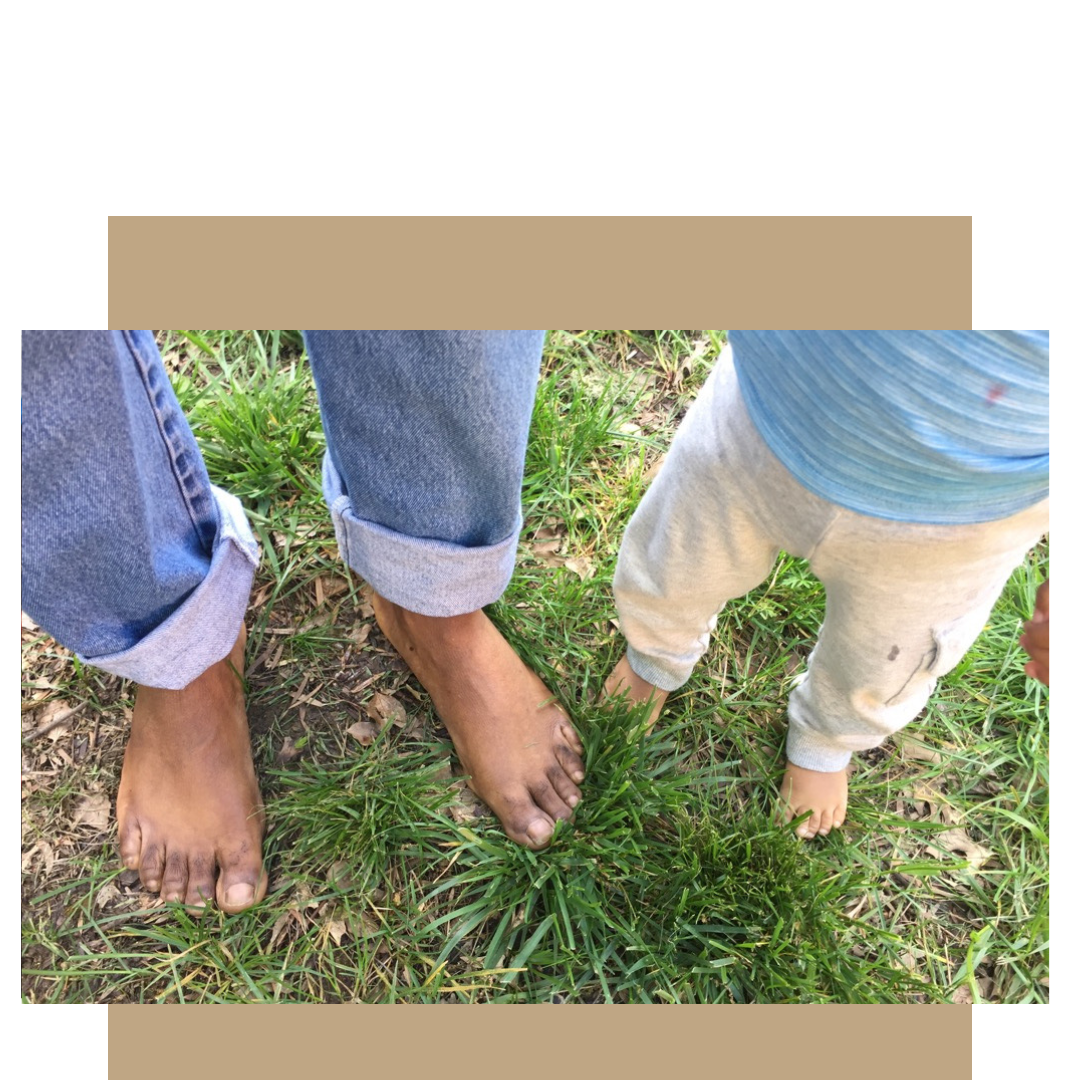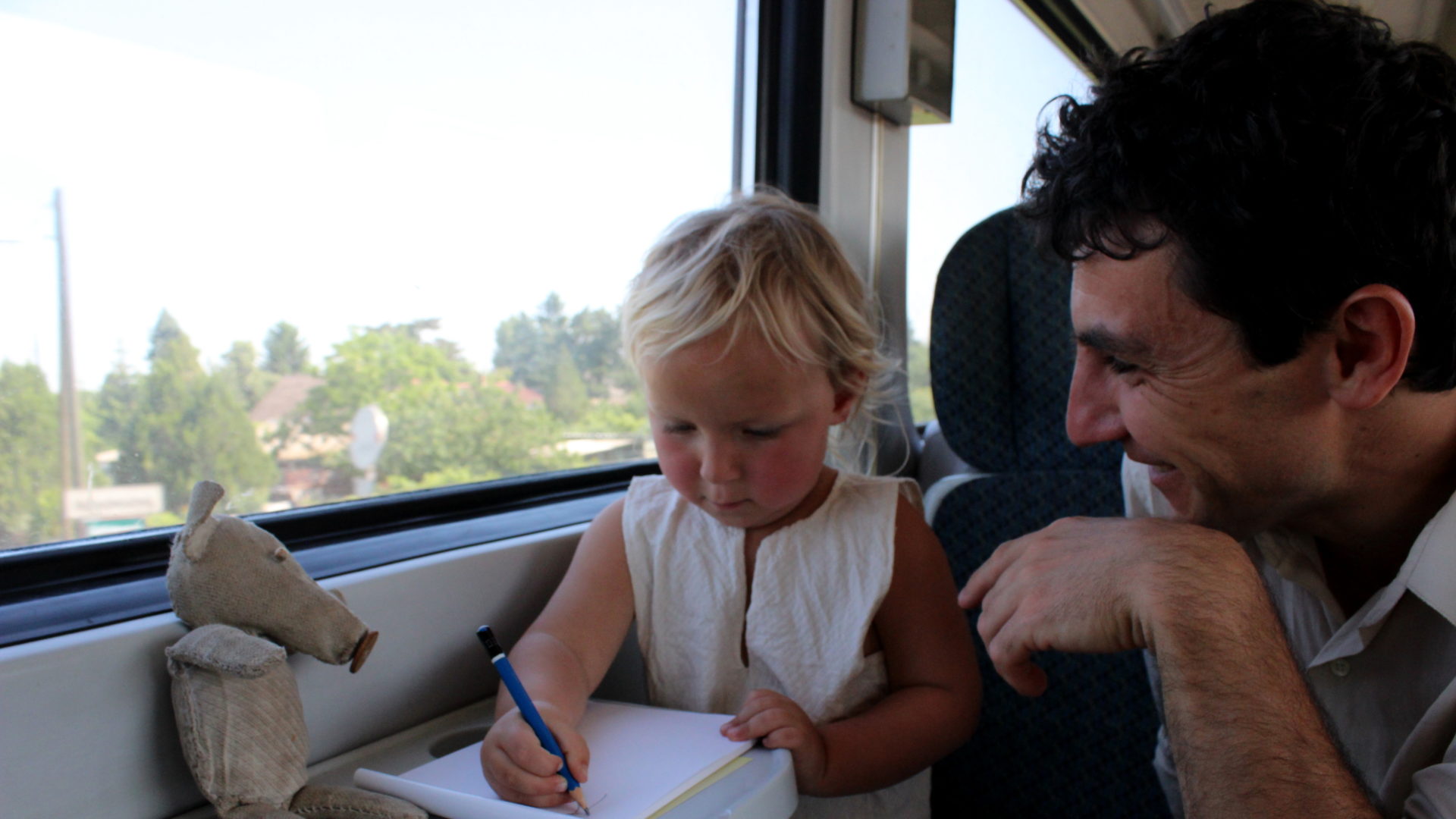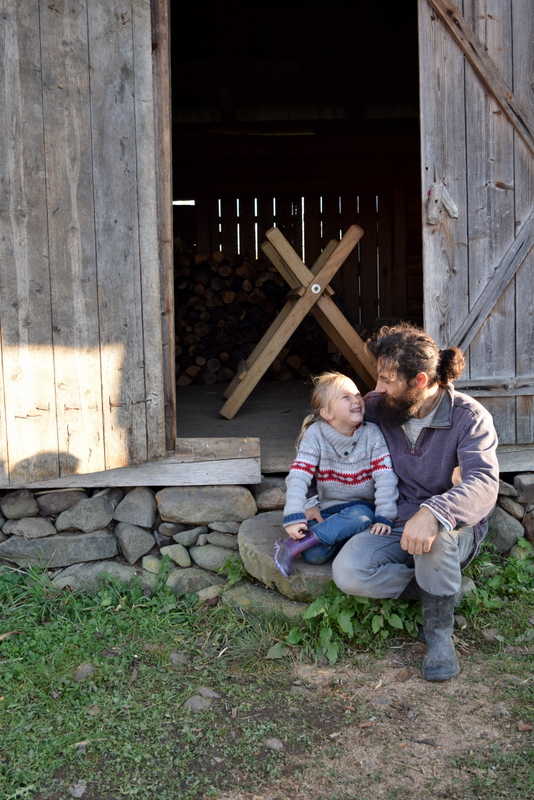 How did we raise a multilingual child? From the moment our daughter was born she heard exclusively Hungarian from her father, and English from her mother – each speaking in their own birth tongue. This is called the “one person, one language” approach, though we didn’t know this method had an official terminology at the time, it came instinctually to us to speak to her in this manner.
How did we raise a multilingual child? From the moment our daughter was born she heard exclusively Hungarian from her father, and English from her mother – each speaking in their own birth tongue. This is called the “one person, one language” approach, though we didn’t know this method had an official terminology at the time, it came instinctually to us to speak to her in this manner.
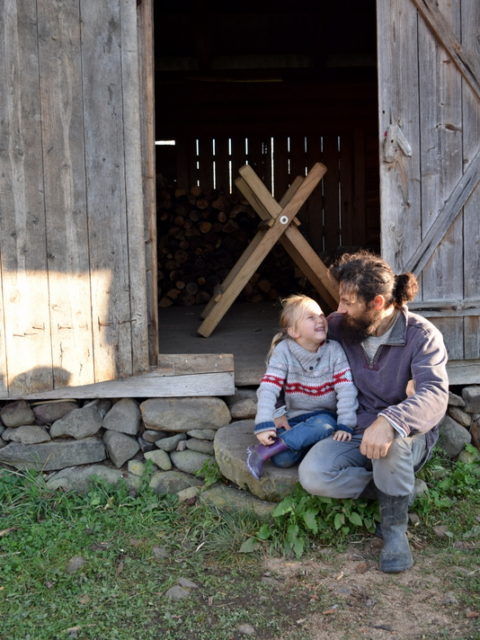 And more than 7 years later, we can testify to its effectiveness! Our daughter is completely fluent both languages and is learning a third (Romanian) so that we can better fit into the country where we currently call home. Living in Europe also means that we have access to hear and experience multiple languages, and cultures with that. We have friends of many nationalities, which makes it easy to pick up some words of French, Italian, Spanish, and if we really prick our ears, then a bit of German too.
And more than 7 years later, we can testify to its effectiveness! Our daughter is completely fluent both languages and is learning a third (Romanian) so that we can better fit into the country where we currently call home. Living in Europe also means that we have access to hear and experience multiple languages, and cultures with that. We have friends of many nationalities, which makes it easy to pick up some words of French, Italian, Spanish, and if we really prick our ears, then a bit of German too.
For children, speaking comes with a certain ease. They care less about making mistakes, and more about getting their point across. There are no grammar situations that cause them to feel uneasy or unsure of themselves. And if they happen to mispronounce something, it may even come off as “cute”. One could say that they take it in stride, and even if they cannot read, they will find a way to communicate.
How often do we encounter other multilingual children as we travel and live abroad?
The short answer is not as often as we would like or expect. We often encounter children who are learning another language in school, for example English, yet they cannot speak more than a few words or string together a simple sentence. However, by the time they are adults, those children who have studied a second, or third language will most certainly be able to communicate on a higher level. By their 20’s, these multilingual young adults, will be traveling across borders with ease.
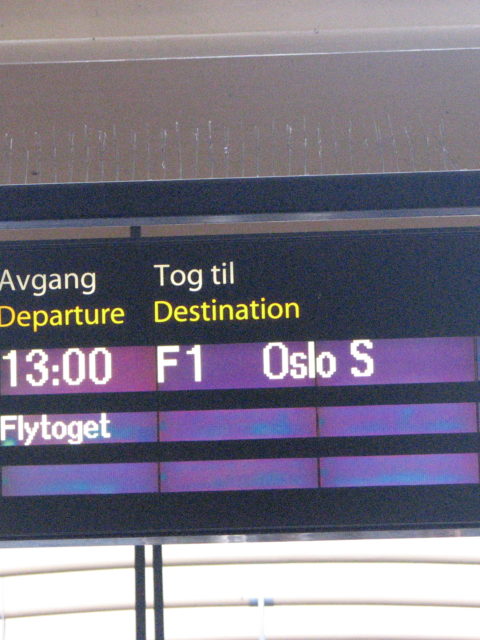 The ability to be multilingual in such as digital age is easier than ever before. We have access to videos for online learning, but the best way to learn a language is to immerse yourself in it. Find someone who speaks the language you want to learn and practice with them or better yet, travel to the country whose language you wish to learn and enjoy the experience.
The ability to be multilingual in such as digital age is easier than ever before. We have access to videos for online learning, but the best way to learn a language is to immerse yourself in it. Find someone who speaks the language you want to learn and practice with them or better yet, travel to the country whose language you wish to learn and enjoy the experience.
Do the same with your children, and the world is theirs to hear and understand.
Are you raising a multilingual child? What languages are they learning?
